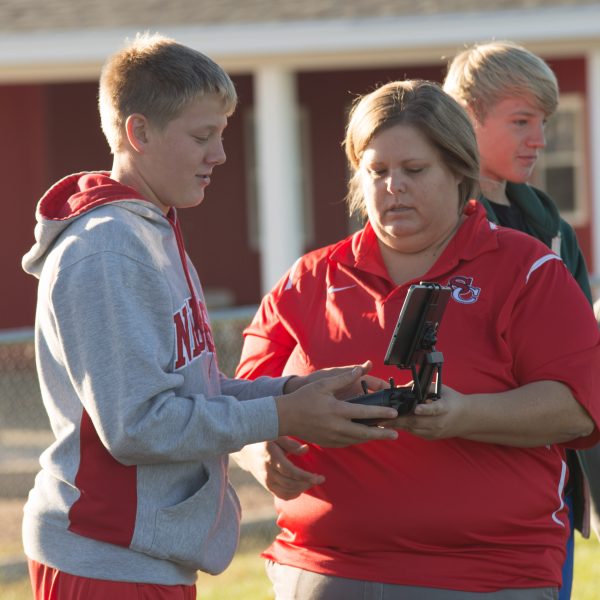Summer Experiences
Summer camps and experiences are unique ways to provide in-depth workplace experiences for students. Several organizations provide a camp or conference type of experience that provides learning experiences for students.

Benefits
- Provides a focused, extended workplace experience for students.
- Promotes opportunities for students and business/industry to develop partnerships without restrictions of the school day.
Success Factors
- Successful summer experiences have been developed in several Nebraska communities. These usually involve a partnership with areas business/industry to provide an extended experience. Several communities have a week-long event where a student can spend a week shadowing a business/industry and discover if they would like to pursue a career in that industry. Most of the successful experiences allow a student to discover all aspects of the industry rather than focusing on one particular job.
- Summer experience camps can be a popular way to engage students in experiencing the work of the industry. Examples are a summer construction or manufacturing camp where students actually work side by side with industry professionals in work that is approvable for students less than 18 years old.
- Summer camps and experiences are most successful when the student is engaged in trying the work rather than watching or being told about the nature of the work.
- Monitor the activities to make certain they are appropriate for the age of students and do not allow students to work in any of the hazardous occupations.
- Make certain students and parents know the expectations for student behavior, dress, performance, etc.
Prior to participation, students and parents should sign appropriate forms. Students should research the business they plan to visit.
Students in grades 9-12.
Credit may be awarded through regular classroom and laboratory grading.



